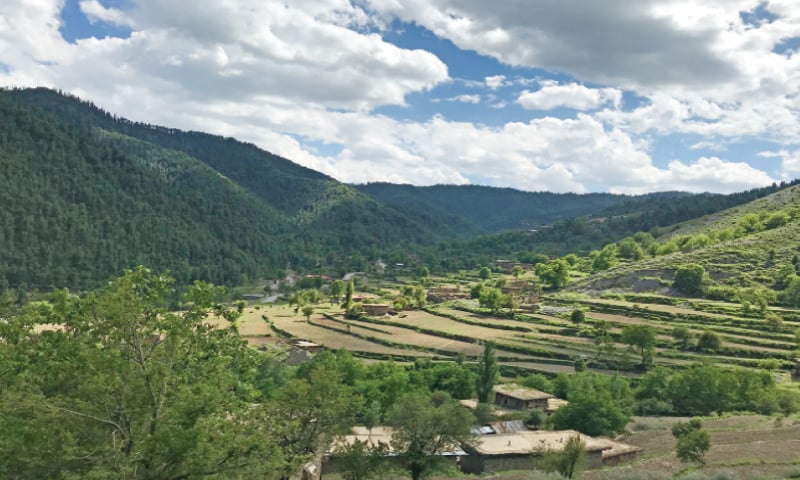On 26 July, the peaceful valleys of Tirah in Khyber District were shaken by a heartbreaking incident. A young, innocent girl was martyred when Khwarij terrorists opened fire in the Bagh Maidan area. However, what followed the tragedy was perhaps even more disturbing—a coordinated wave of false propaganda aiming to defame state institutions and the Pakistan Army.
Within hours of the incident, hostile elements began spreading misinformation, claiming the child was killed by an army mortar rather than by terrorist bullets. This baseless accusation was not only factually wrong but also deliberately misleading. Experts clarified that had a mortar or rocket been involved, the resulting destruction would have been far more severe, and the human body would have been unrecognizable. In this case, the child had a bullet wound, leaving no doubt that the attack came from Khwarij gunfire.
Rather than mourning the loss and uniting for peace, certain elements hijacked the narrative, launching protests aimed not at justice, but at provoking unrest. During these protests, extremists once again showed their cowardly and deceptive nature—firing from nearby mountains into the crowd while some instigators were spreading anger on the ground. Three more innocent citizens were martyred and nine injured in this ambush. The goal was clear: sow chaos, fuel anti-state sentiment, and weaken public trust in security forces.
This comes at a time when local jirgas and tribal elders had begun openly opposing extremist elements and aligning with security forces for lasting peace in the region. Alarmed by this growing alliance, the terrorists sought to break this unity by targeting civilians and staging propaganda-rich scenes of chaos.
Yet amid this tragedy, the Pakistan Army and security forces demonstrated exceptional professionalism. They swiftly evacuated the injured to FC Hospital Shaks and provided free medical treatment. No retaliatory action was taken against the protesters despite extreme provocation, showcasing remarkable restraint.
On 28 July, a significant tribal jirga was convened, attended by the Commandant of Tirah Militia, military and civil officials, and respected local elders. The jirga expressed grief, demanded transparent investigations, and vowed justice for the victims. They also reaffirmed their support for state institutions and their commitment to restoring peace in the region.
Importantly, evidence continues to surface that local terror activities are aided by Afghan-based facilitators, and some local actors within Khyber Pakhtunkhwa are playing enabling roles. These facts raise serious questions about the agenda of groups like PTM, whose protests frequently demand the removal of army check posts and open borders—positions that mirror terrorist demands rather than those of peace-seeking citizens.
If peace is the goal, why are these voices silent on demanding disarmament from terrorists or expelling extremist elements from the area? Why is there hesitation in confronting Afghan-based terror sponsors?
Let’s not forget: No terrorist movement can survive without local support. The Khwarij persist because they find shelter, resources, and silence from sympathizers within our society. In such an environment, anti-state narratives only serve to embolden terrorism.
The events of 27 July, where so-called protesters attacked a civil hospital, NADRA office, and even moved toward a military camp, prove this was never a peaceful protest. It was a deliberate act of subversion, designed to destabilize and divide.
But the people of Tirah refused to surrender to fear. On 28 July, the tribe of Bar Qambar Khel took a historic step. Over 8,000 people, carrying the Holy Quran on their heads, marched toward terrorist hideouts. This included students from madaris and schools, and tribal elders. Their message was crystal clear:
“Leave Tirah or face the consequences.”
This is a turning point. The time to choose is now: stand with the state or with its enemies.
If we truly want peace, we must support the soldiers who protect us, and confront terrorism not just with weapons, but with conscience, unity, and clarity.


